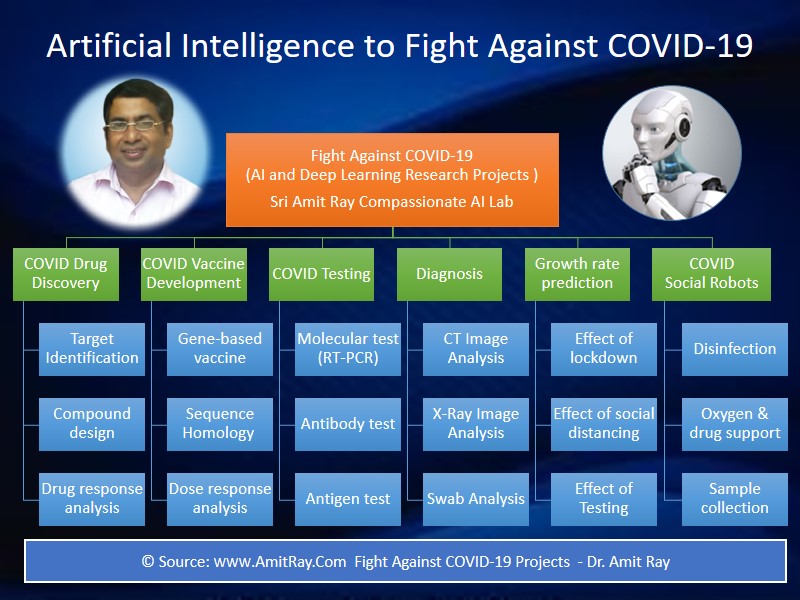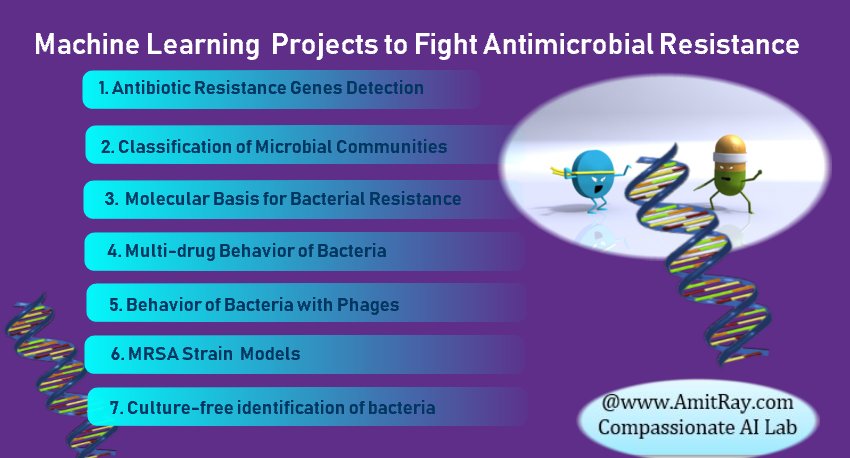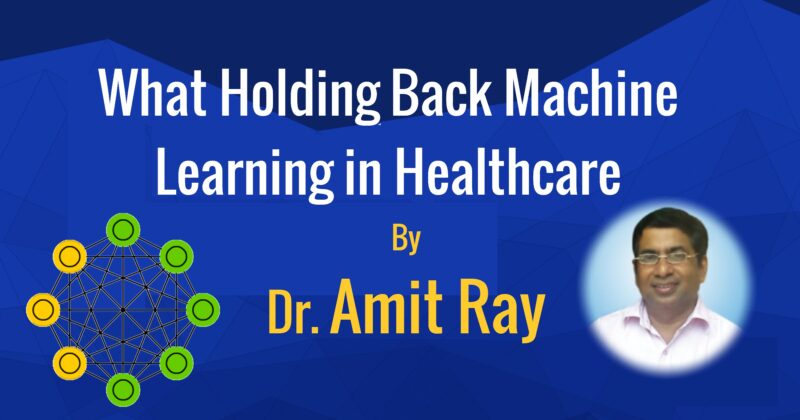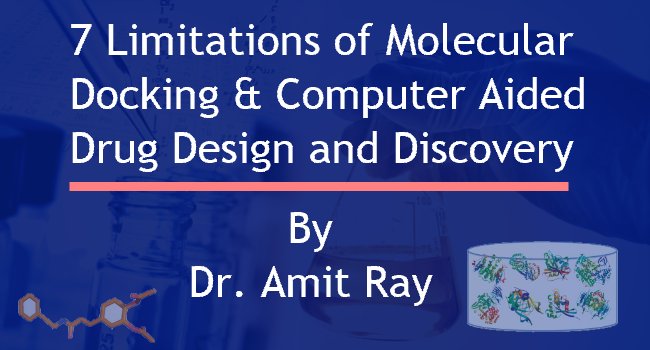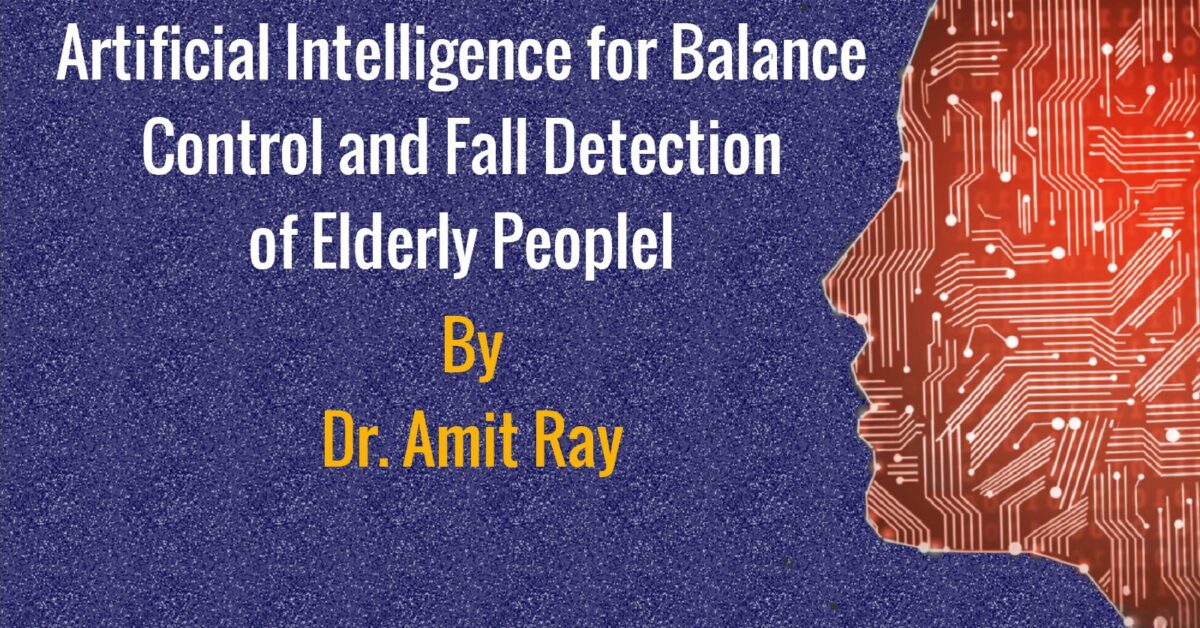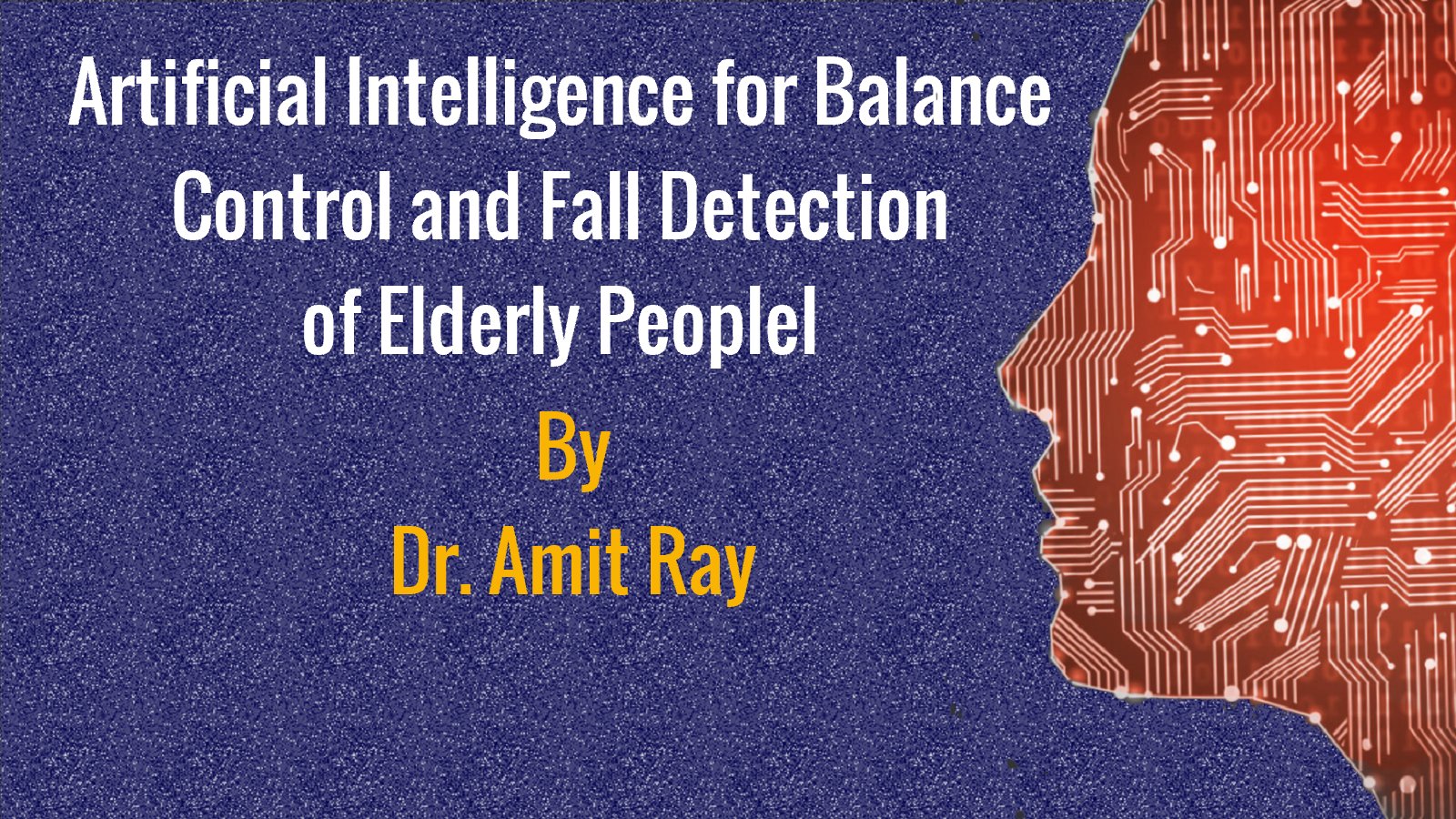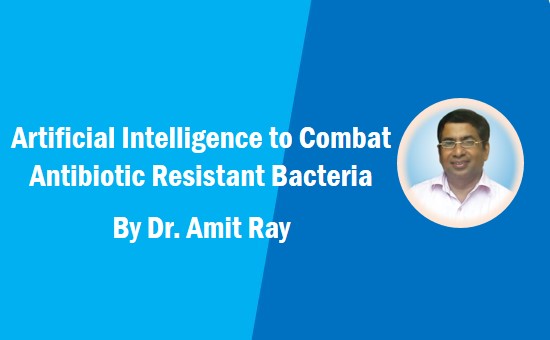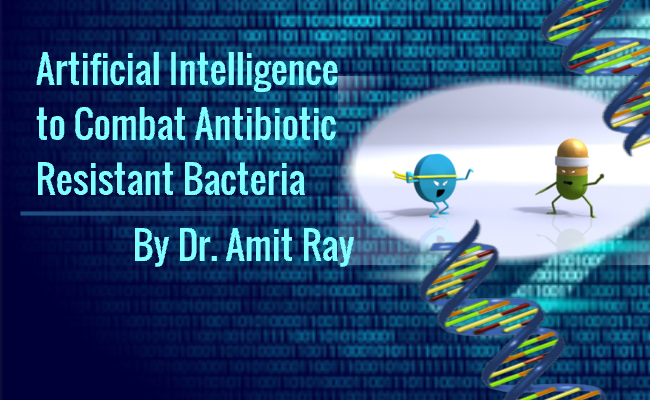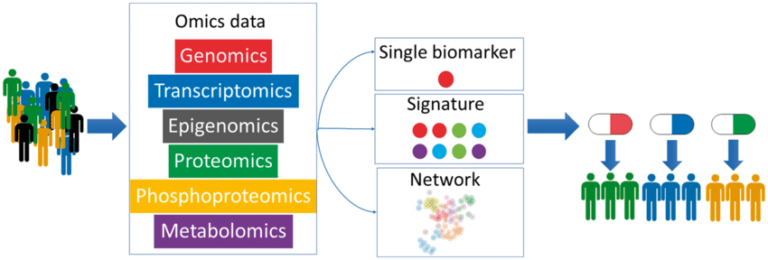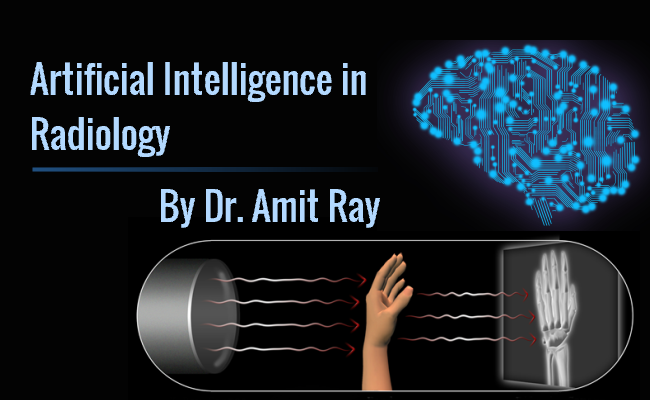Artificial Intelligence Master Course Algorithms and Applications
Artificial Intelligence Master Course
Algorithms and Applications
A 15-Weeks Guided Online Course
Sri Amit Ray Compassionate AI Lab
In this 15-week online course, you will learn and understand the main algorithms and approaches to artificial intelligence and deep learning. You will learn the techniques to improve your AI and machine learning model building skills and algorithm development skills. It includes total 15 online one-on-one classes, for real-world case studies, and hands-on practices and exercises.
The aim of the course is to:
- be able to apply the algorithms for different applications and interpret the results
- be able to build models and algorithms and adjust parameters
- understand the applicability of the algorithms to different types of data and problems along with their strengths and limitations
The case studies share real world stories from teams who have designed AI-driven products using human-centered AI based practices. Primarily you can use R programming or Python programming for practicing the examples and projects.
The Course Contents
The course structure varies, depending on individuals’ experiences, needs, and interests. However, there will be a total of 15 classes. The general content of the modules of the course are as follows:
Module 1: Artificial Intelligence Fundamentals
- Human Intelligence vs Artificial Intelligence
- Human brain vs Artificial Intelligence
- General Artificial Intelligence vs Ethical Artificial Intelligence
- Ethical Artificial Intelligence vs Compassionate Artificial Intelligence
- Difference between Artificial Intelligence, Machine Learning, and Deep Learning
- Recent trends of AI from robots to humanoids
- Machine Learning Frameworks
- Future challenges of Artificial Intelligence
Module 2: Basic Machine Learning Algorithms and Practices
- Hypothesis Testing
- Linear Regression
- Logistic Regression
- Clustering
- Analysis of Variance (ANOVA)
- Principal Component Analysis
- Naive Bayes
- Decision Tree
- Random Forest
- Support Vector Machines
- K Nearest Neighbors
- Gradient Boosting algorithms
- Neural Networks
- Ensemble Methods
Module 3: Feature Engineering and Model Building
- Data preparation
- Min-max Scaling, Standardization, Log Transformation, One hot Encoding, etc.
